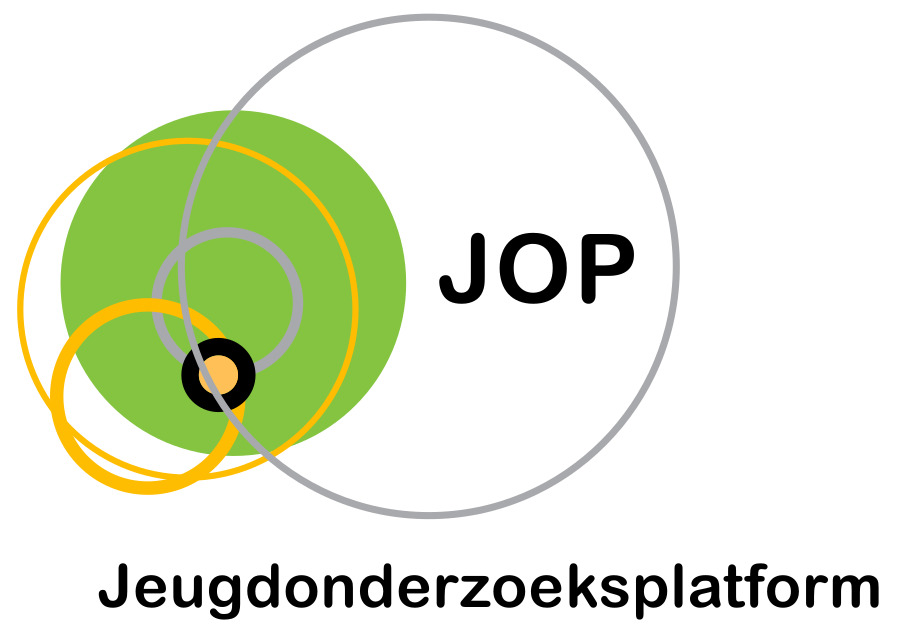A qualitative inquiry into the contextualized parental mediation practices of young children’s digital media use at home
Auteurs
Zaman, B., Nouwen, M., Vanattenhoven, J., De Ferrerre, E., & Van Looy, J. (2016).

Abstract
Nederlands
Dit artikel doet verslag van een onderzoek naar de wijze waarop ouders het media- en technologiegebruik (smartphones, tabets, laptops, consoles e.d.) van hun kinderen ‘mediëren’. Deze mediatie wordt ruwweg onderverdeeld in drie aspecten, namelijk 1) het stellen van regels; 2) het uitleggen (instructie) of toelichten (evaluatie) van media-gebruik en inhoud en 3) het concept ‘co-use’ (samen tv-kijken, samen computerspelletjes doen, etc.). 24 Vlaamse families werden (meermaals) geïnterviewd (36 kinderen; 22 moeders; 2 vaders) en hielden een mediagebruik-dagboek bij. De resultaten worden door de onderzoekers gezien als een uitdieping van ‘ouderlijke mediatie’ en geven ook blijk van tegenstrijdigheden: ouders willen niet dat hun kinderen te veel opgaan in de digitale wereld, maar zijn in sommige contexten juist erg soepel tegenover het gebruik ervan (in een restaurant of in de auto) of gebruiken het incidenteel als ‘babysitter’. Ouders geloven dat zij hun kinderen moeten leren omgaan met media en in het algemeen vertrouwen zij hun kinderen ook zeer om hier verantwoord mee om te gaan.
Engels
Technologies are increasingly adopted and used by young children at home. Parents play an important role in shaping their media use, keeping certain possibilities open for children to play, learn, and socialize while limiting others. Nevertheless, the literature on parental mediation of young children’s media use is scant. In this article, we describe a qualitative, mixed-method study involving 24 parents and 36 children aged 3 to 9, and focus on the contextual factors that shape (transitions between) parental mediation practices. The results point to the emergence of new manifestations of parental mediation and provide evidence of their dynamic, often paradoxical nature. In particular, the insights on distant mediation, various buddy styles, and participatory learning, as well as the value of a wholeness approach for understanding children’s conditions for media engagement, suggest new prospects for parental mediation literature.
Referentie
Zaman, B., Nouwen, M., Vanattenhoven, J., De Ferrerre, E., & Van Looy, J. (2016). A qualitative inquiry into the contextualized parental mediation practices of young children’s digital media use at home. JOURNAL OF BROADCASTING & ELECTRONIC MEDIA, 60(1), 1–22.
Taal
Engels
ISNN
1550-6878
